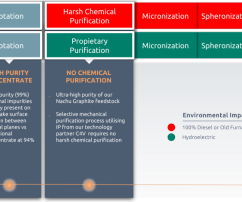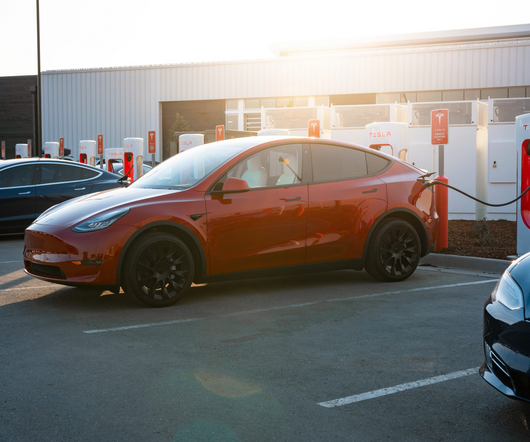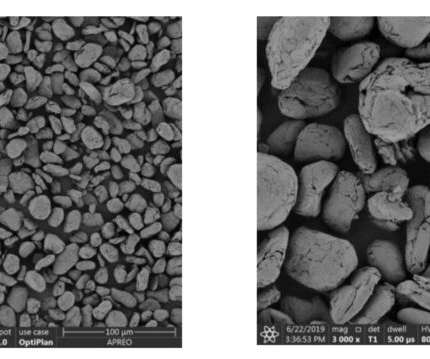Magnis signs offtake agreement with Tesla for anode active materials; N. American production
Green Car Congress
FEBRUARY 21, 2023
Australia-based Magnis Energy Technologies has entered into a binding offtake agreement with Tesla for the supply of anode active materials (AAM) beginning in February 2025 with fixed pricing. The company is in the process of selecting a United States location for the AAM facility. Earlier post.)












Let's personalize your content